BIRD OF THE WEEK - THE AMERICAN ROBIN

It’s the early bird that catches the worm and this New World thrush is its poster child! During spring and summer, you will see American robins, the largest thrush in North America, nibbling said worm on your lawn. These little munchers start just before the sun rises. Their warm orange breasts shake busily as they chirp their merry song, nabbing worms from under the dewy fresh grass.
The Robin is known as one of the harbingers of Spring. Their chirp signifies the end of winter and the beginning of longer and warmer days. But as autumn draws near and the first leaves begin to change color, the robins slowly fly away in large flocks, looking for food sources and preparing for winter together.
Robins don’t follow the usual migratory routes or rules. That’s why during winter, sometimes you’ll see them and sometimes you won’t… They are a nomadic breed. The same robin can spend one winter in Wisconsin and the next in Texas!
Though these loveable Robins feel at home mostly in mountain forests and the Alaskan wilderness, we are lucky that they also frequent urban areas in North America. They started visiting us in the city because they love munching worms from manicured lawns, so much easier! This is why it’s best not to use poisonous pesticides on your lawn.
And cute as they are, as a bird you don’t want to mess with them. Robins are aggressively territorial and will drive intruders away, mainly with vocal threats made by both male and female, both sexes singing the same “threatening” songs! Things can get violent, as some robins will fight for their territory, even to the death.
However, their attitude towards humans is another story! With us, Robins are friendly and curious. You can even teach them to eat off your hand, like Snow White. At night they might chirp away perched on lamp posts or other artificial lights. So it's not only the song of the nightingale you hear after dark but also the cheery chirp of the robin.
Robins live on average about 1-1.5 years. One main cause of death is feral cats and other predators. One Robin was lucky enough to make it to the ripe old age of 14!
In case you missed last week's bird-of-the-week: The Yellow-rumped Warbler.
The Robin Look

Originally Robin redbreast, the name came much later. The word Robin comes from the Latin word for red: Rubecula.
Robins are large songbirds with plump, round bodies, long legs, and relatively long tails.
Males and females are identical, although the redness of the female is not as warm, making less of a contrast. The young adults do not have red breasts - more yellowish brown with little spots. After their first moult, the feathers grow back red.
What kind of bird feeders can we invite them to?
As robins are ground munchers, platform or ground feeders are your best bet. Serve bird seed mix with shelled sunflowers and mealworms - and wait for the party to start!
Robins adore hulled sunflower seeds, fruit, mealworms, peanut hearts and suet - but mealworms are their favorite!
Come winter, robins look for berries, mainly in dense forests. But if you happen to have berries or crab-apple trees in your yard, you may have found a friend for all four seasons!
Robin lovebirds and nest builders
Robin pairs usually stay together just for the season. If they don't succeed in raising their first brood, they often move on within that same nesting season, so they don't need to waste energy in a complex courtship ritual. The song of the male is an excellent signal to the female that he is fit and healthy, and also serves as a territorial warning to other males. They invest more in their sounds they produce: male and females use their chirps to signal that they are strong and able to mate!
A female's ability to chase other females off the territory signals to the male that she's fit and healthy too. No elaborate dances here.
As robins get more comfortable in our gardens, eating worms and hanging out on our lawns, they feel comfortable and safe enough to build their nests on a porch and even a window sill - which is why for many, watching robins nesting is a first-time experience.
Robins will forage for food while the females stay in the nest. Once the fledglings become big enough, they join the adults in their roosts.
Sadly, in the three broods created in one season, only 40% of the nests produce young and only 20% survive the winter. Half the robins during any year usually won’t make it to the next - but fear not. In the past 40 years, there has been a slow increase in the robin population!
Check our a robin feeding her fledglings - and the scoop on their poop!
What do they sound like?
Like all thrushes, robins have melodious whistles and beautiful songs. We tend to hear their chirps more than other thrushes because of their presence in urban habitats. What better way to end a harsh winter than with the welcoming chirp of summer?
An 8-hour long video of Robin sounds!
Fun Facts!
~Sharp eyes
Robins don’t “feel” the worms under the grass, but hunt them down by sight! They cock their heads to the side, sighting the worm then plucking it out.
~Early incarnations
Robins were known as “red breasts” up until the early 20th century.
~Children votings count!
The robin is the national bird of the UK! In a popular vote, the blackbird originally came first until the children's votes were counted - which brought victory to the robin!
~DUI for robins
Robins can get drunk. Eating fermented berries makes them lose their balance and fall over as they do the drunk walk - just like a human.
Birds sobering up after drunk berry eating :)
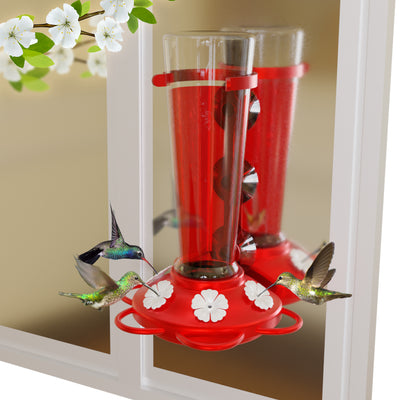
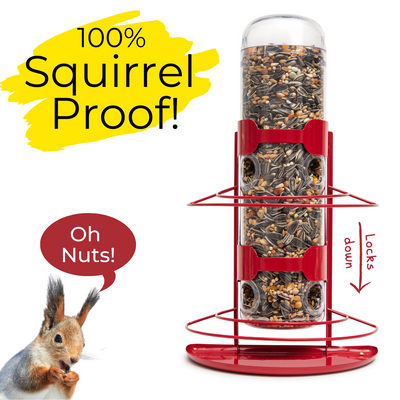
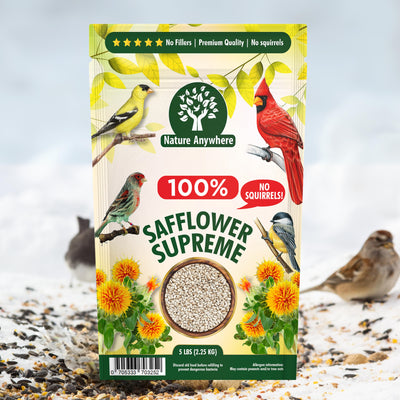
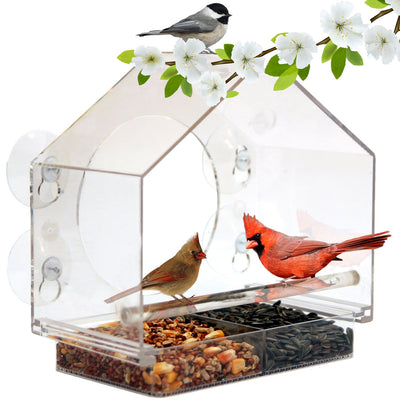
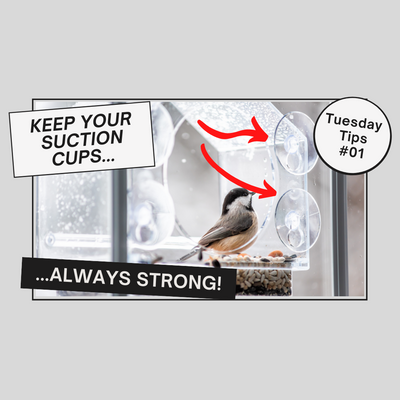
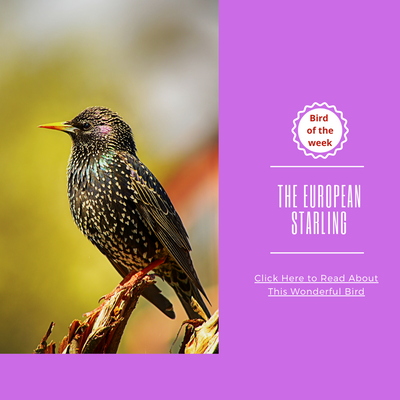
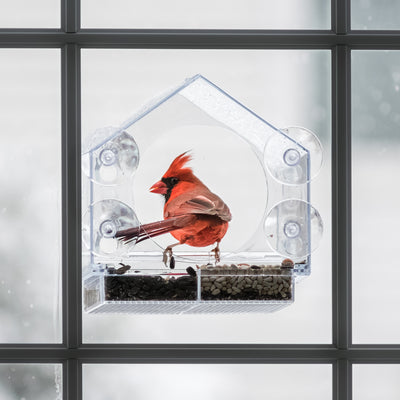
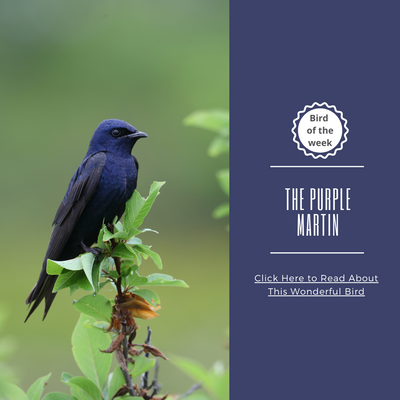
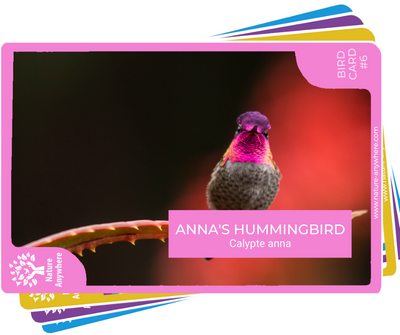
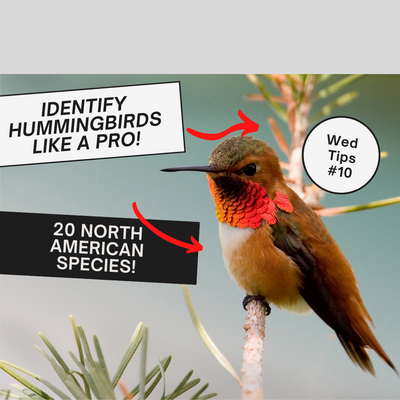
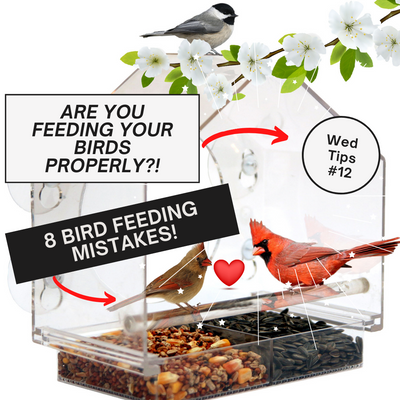
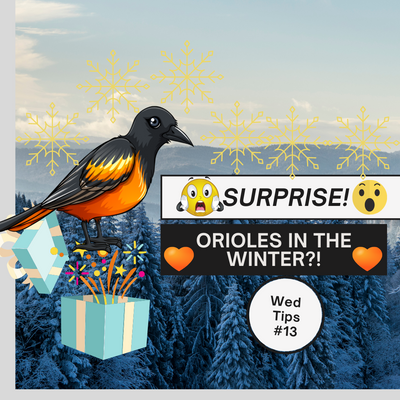
American Robins do a territorial dance. I have seen this many times in my life. How come there is no mention of this???They meet on ground and walk in straight line a foot or more then change directions and walk again. if one walks out of its bounds they meet and fight vigorously or just fly at each other and then walk it out again.